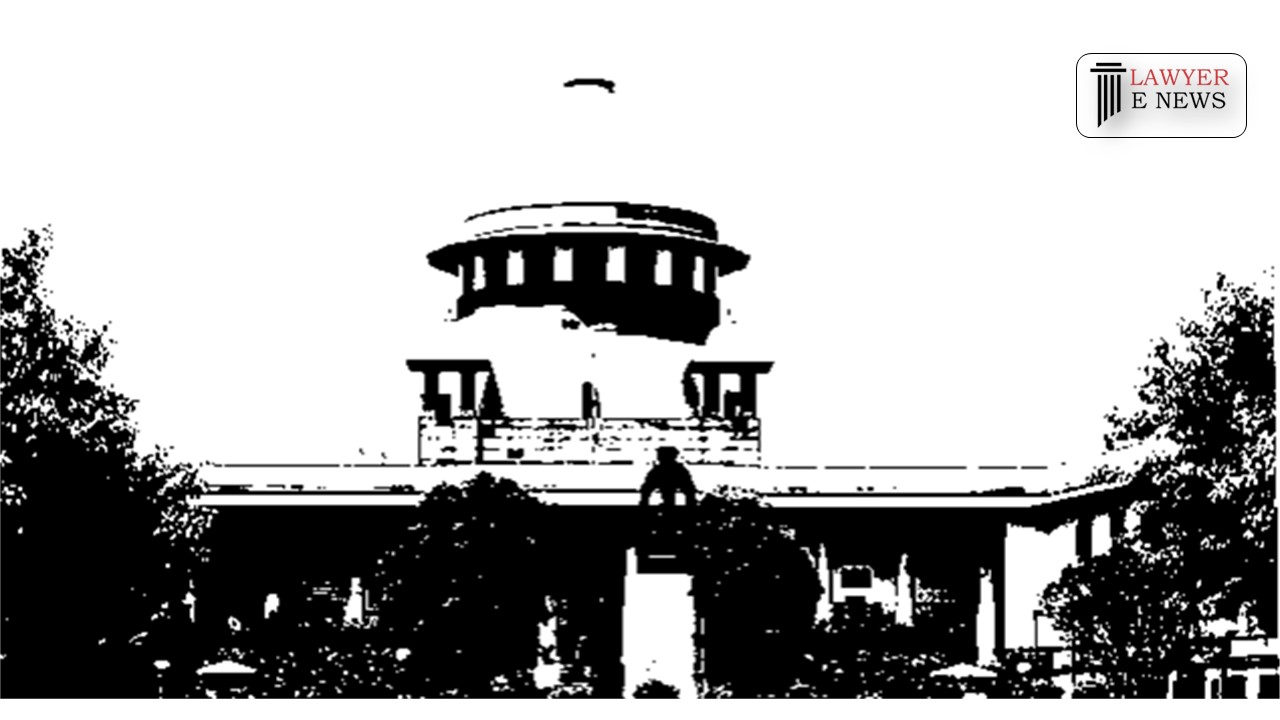-
by Admin
15 February 2026 5:01 PM



In a landmark judgment, the Supreme Court of India, comprising Justices Sanjiv Khanna and Dipankar Datta, has set aside the Armed Forces Tribunal’s decision, ruling in favor of an ex-Army personnel, Satyanand Singh, in Civil Appeal No. 1666 of 2015. The Court critically observed, “We have no doubt in our mind that this is a case of wrong diagnosis and false alarm with imperilling consequences for the appellant.”
The civil appeal challenged the Armed Forces Tribunal’s judgment rejecting Singh’s request for a re-examination of an AIDS diagnosis leading to his dismissal from the Indian Army. The central legal point revolved around the wrongful medical diagnosis and subsequent termination under Rule 13(3) of the Army Rules, 1954, along with the appropriate application of medical and Army guidelines.
Satyanand Singh, enrolled in the Indian Army in 1993, was dismissed in 2001 following a diagnosis of AIDS based on a misdiagnosis of neuro tuberculosis as an AIDS-defining illness. The case raised crucial issues regarding medical negligence, incorrect application of medical guidelines, and the right to fair treatment of HIV-positive individuals in the armed forces.
The Court found significant lapses in the medical diagnosis process and criticized the lack of examination by a neurologist. The judgment highlighted the flawed reliance on outdated guidelines, leading to Singh’s wrongful diagnosis and dismissal. The Court noted the policy shift concerning HIV-positive personnel and emphasized the inclusion of CD4 cell count criteria, which was overlooked in Singh’s case.
The Court also addressed the discrimination and stigma faced by HIV-positive individuals, stressing the need for sensitivity and adherence to scientific standards. The judgment scrutinized the application and interpretation of various guidelines and policies related to medical discharge, highlighting the importance of correct medical procedures and fair treatment.
Decision: The Supreme Court awarded compensation of Rs. 50,00,000 to Singh for wrongful termination, psychological trauma, and financial losses. The Court directed the grant of pension as if Singh had continued his service until retirement, considering allowances/increments for pension computation. The judgment underscored that while financial compensation might not fully make up for the ordeal, it could act as a solace.
Date of Decision: 20th March 2024.
Satyanand Singh v. Union of India & Ors.
